Bruce Munro looks at what has changed since Tapanui flu hit the headlines and asks what it means for the country and for the, potentially, hundreds of thousands of New Zealanders now living with its close cousin, long Covid.
Three people, each given different labels for a disease they caught in three different decades spanning 40 years; three almost interchangeable descriptions of what they have endured.
"All of a sudden I couldn’t do all the things I wanted to do ... I was depressed, I was debilitated ... My mind was messed up, my immune system was messed up and it just seemed there was no future for a long, long time," says Yvonne Brownlie who, in 1981, was struck by what came to be known as Tapanui flu.
"I remember that first year, essentially the whole year, lying on my parents’ couch ... It’s this horrible fatigue, where you’re knackered but every time you fall asleep you wake up the same, unrefreshed ... You can’t think properly ... There is this horrible feeling like you’re being poisoned," says Dr Angus Mackay who, in 1995, had his first bout of what was diagnosed as myalgic encephalomyelitis (ME).
"The change was almost overnight ... I had to quit my job ... There was a huge neurological component, there was intense fatigue and I had huge problems with muscle and joint pain ... For a good six months, I couldn’t even walk to the end of the driveway without being out of breath," says Kerry-Lee Bray who, in 2022, after months of being monitored by her doctor, was diagnosed with long Covid.
This month, four decades ago, New Zealand was on the cusp of being officially told what the people of Tapanui had known for a couple of years; the rural West Otago town was in the grip of a mysterious epidemic.
Starting in about 1981, the town’s GP, Dr Peter Snow, had been increasingly inundated by patients suffering different but overlapping influenza-like symptoms with no obvious common cause.
One of Dr Snow’s patients was Mrs Brownlie, a dance teacher at the time. She responded to her illness by trying to get fitter but only got worse.
"For more than six years, I was really sick. It was 13 years before I really got my energy back," Mrs Brownlie, who still experiences some symptoms including headaches and muscle soreness, says.
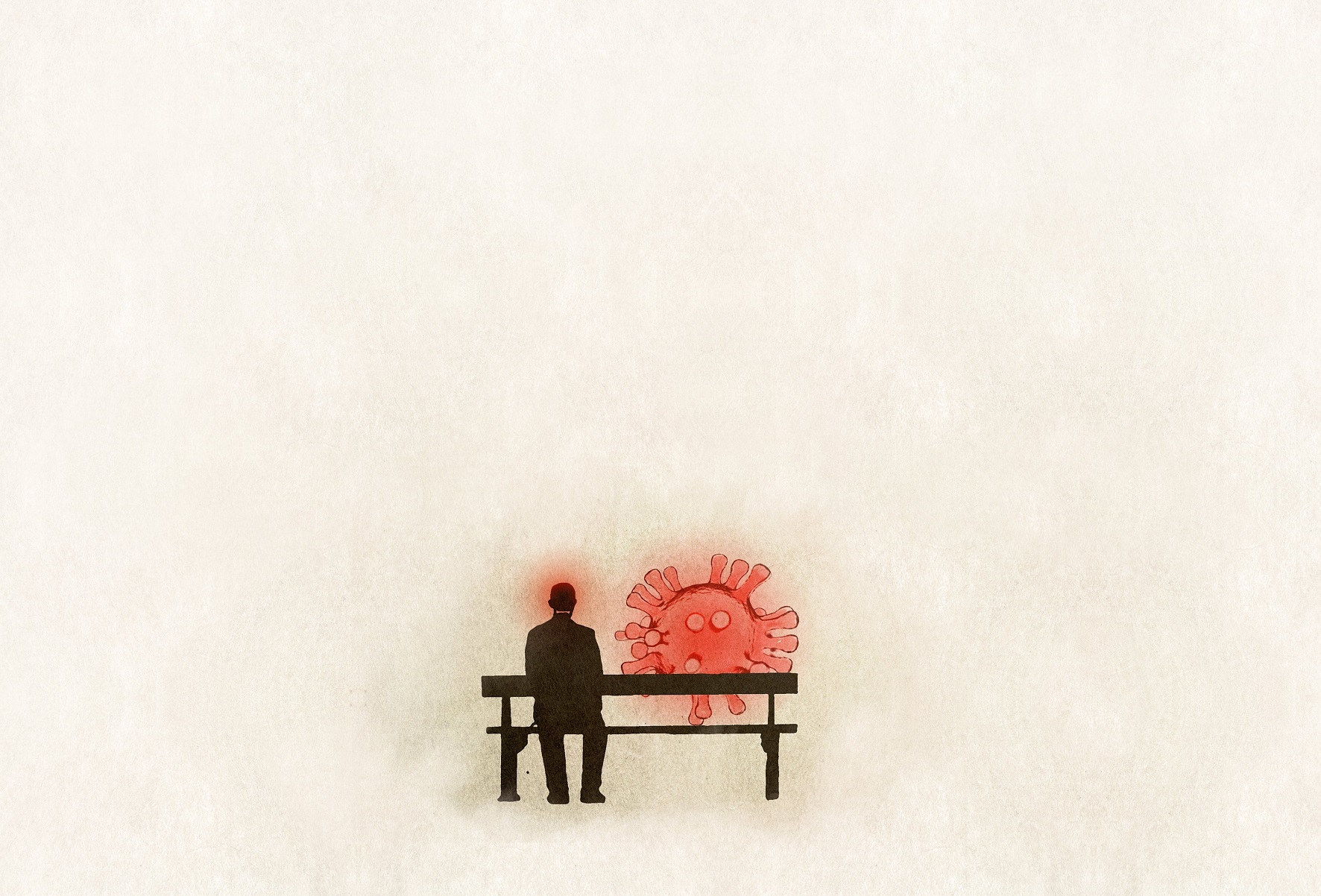
"One day I was beauty ... going like a rocket. The next day I was an old man ... I was right down and couldn’t be bothered doing anything," he says.
He forced himself to keep working for the next two years. But depleted energy and drive saw unpaid bills balloon to $25,000.
"Two years later, this bloody switch flicked back on and I got working flat-out again."
They were only two of dozens of patients, of all ages, knocking on Dr Snow’s door.
The disease came formally to the nation’s notice when an article, "An unexplained illness in West Otago", authored by Dr Snow, Dr Marion Poore and Dr Charlotte Paul, appeared in the New Zealand Medical Journal, in June 1984.
The paper described "an apparent epidemic of undiagnosed illness" whose most common symptoms were "tiredness, mood and sleep disturbances, headache, and joint or muscle pains".
Several possible causes were discounted, leading the doctors to suspect "an unidentified virus was ... the most likely cause".
Charlotte Paul, now a University of Otago emeritus professor, recalls the late Dr Snow’s enthusiasm.
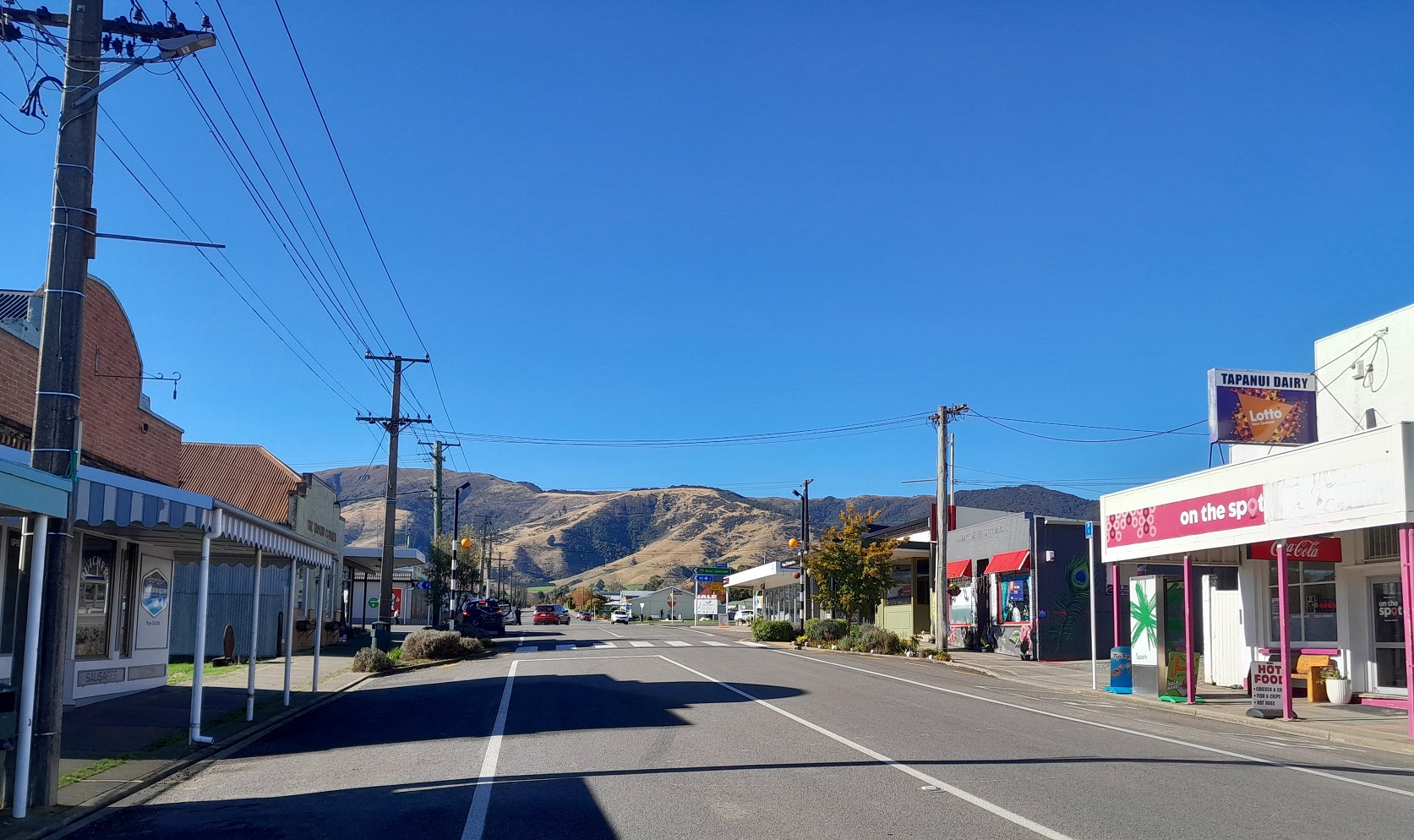
Their research helped expand the pool of knowledge of this strange disease being experienced in countries around the world. In the United Kingdom, it was called ME; in the United States, chronic fatigue syndrome (CFS); in New Zealand, Tapanui flu.
The first mention in the news media of what was going on in West Otago appears to have been in the Otago Daily Times; a report of "a mystery disease causing havoc" appeared on the front page in July 1983. By November, there was a television news reference to "Tapanui flu". The use of that moniker burgeoned during the next year.
So too did the jokes, the suggestions of laziness and it being "all in your head". There was even a derisive song, I’ve Got the Tapanui Flu Blues.
"I hated the name," Mrs Brownlie says.
"You were treated like a social pariah ... if you said where you came from.
"It wasn’t nice."
With time, the alphabet soup term, ME/CFS, has won the day. Understanding of the condition has grown, even though it still has secrets and no cure. ME/CFS is now recognised as a complex, multi-system, chronic, physical illness. It is often triggered by an acute infection such as glandular fever but can also be caused by toxic chemicals, parasitic pathogens or severe stress.
Women are four times more likely to have ME/CFS than men.
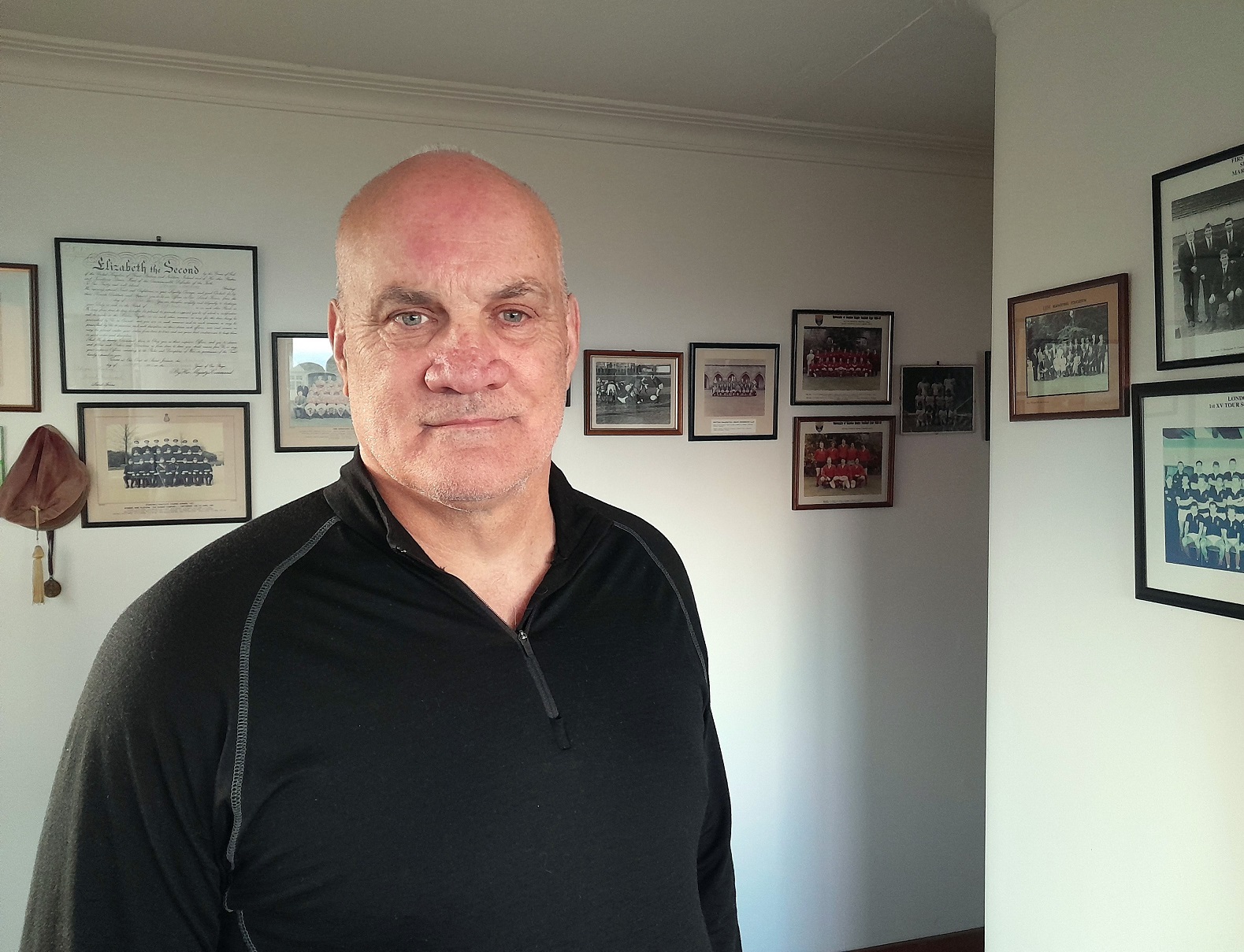
From dozens, maybe hundreds, of people with Tapanui flu in 1984, the number of New Zealanders living with ME/CFS grew to an estimated 30,000 by 2020. Now that number has exploded, perhaps increasing 10-fold, thanks to the Covid-19 pandemic’s Sars-Cov-2 virus.
A pilot study by Emeritus Prof Warren Tate has recently shown ME/CFS and long Covid are kissing cousins. The University of Otago biochemist’s comparative molecular study of immune cell proteins in both conditions "strongly affirms" the link between the two.
Not surprisingly then, the symptoms of the two conditions are largely indistinguishable.
Ms Bray, of Balclutha, caught Covid three times, the last leading to months of fatigue, brain fog, joint pain and breathing difficulties.
She had to quit her job. One of her sons, also diagnosed with long Covid, missed three months of schooling and took eight months to fully recover.
The youth worker says she is almost back to where she was two years ago. By that, she means the joint pain is "almost gone", she has "learnt to manage" the fatigue and the brain fog "still depends on the day".
Steph Peters, of Oamaru, was diagnosed with long Covid after a battery of medical tests for ongoing symptoms such as heart palpitations, watering eyes, joint pain, mood changes and "an overwhelming feeling of tiredness that doesn’t get better with sleep".
Mrs Peters is still working — "But only because I have to. I’m the only one working in the family at the moment," the quality controller says.
"When I’m not at work, I nap, on and off.
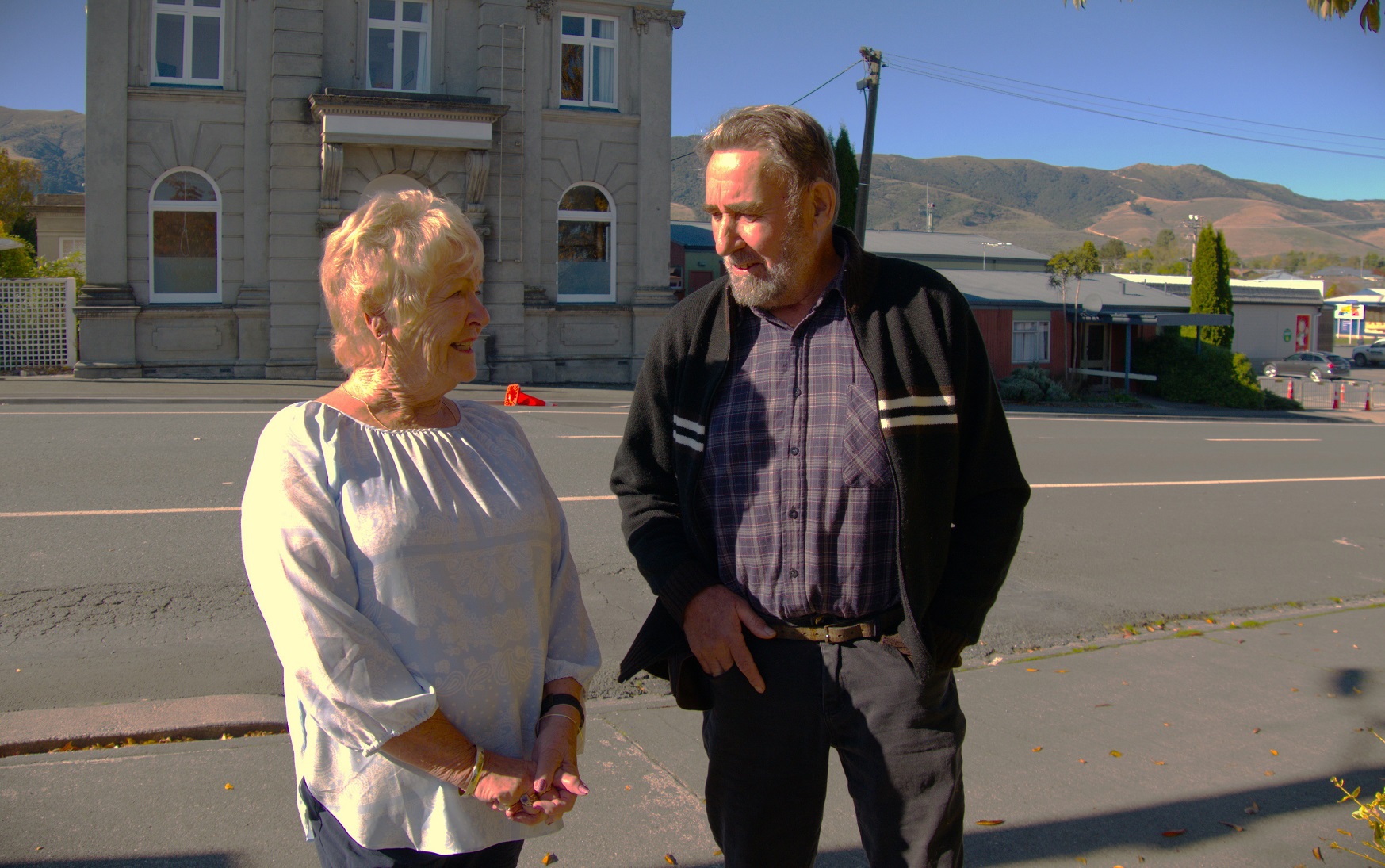
How many people have long Covid is still a guessing game. Worldwide, estimates of how many Covid infections linger as long Covid range from 5% to 10%. Given that at least three million New Zealanders were infected with Covid, that means 150,000 to 300,000 Kiwis could now be experiencing long Covid to some degree.
For all these people, is there any advantage in being laid low by long Covid rather than Tapanui flu? When it comes to ME/CFS-type conditions, what progress has there been in the past four decades?
Less, it would seem, than many will be desperately hoping.
Prof Tate says clinicians and GPs are now more aware of ME/CFS, especially since long Covid.
The biomedical scientist, whose daughter contracted severe ME/CFS in 1994, has been researching ME/CFS intensively for the past decade, fuelled primarily by passion and oily rags.
"The critical thing that we’ve had with ME/CFS is not enough research, no clinical trials of things which might be helpful, virtually no drugs that are effective," he says.
"Then, suddenly, we’ve been hit with long Covid ... and clinicians are waking up.
"The really good side of that is that now ME/CFS has come into the limelight.
"But I still hear of GPs who won’t even say the name ME or long Covid."

Effort is also going into developing nutraceuticals — food-sourced, health-enhancing products — and wellbeing approaches, such as meditation and neural retraining, that might benefit people with these conditions.
There has also been a recent potential breakthrough in understanding ME/CFS.
Dr Mackay, who was a former soldier and representative rugby player until struck with ME/CFS in the mid-1990s, was one of Prof Tate’s doctoral students.
His PhD, awarded last year, presents what might be a significant new way of understanding ME/CFS, unifying all the symptoms within a model centred on brain inflammation.
Instead of looking at the blood, as most have done, it points to an inflamed brain caused by a dysfunctional hypothalamus — the brain’s master gland — as the seat of the problem.
"Encephalomyelitis actually means inflammation of the brain and spine. So for years it’s been on the table, but it’s not really been investigated fully because the main focus has been on the blood," Dr Mackay says.
In the hypothalamus is the paraventricular nucleus (PVN), the stress centre of the brain.
"My Eureka moment was reading a 2012 paper that showed the PVN is targeted by a wide-range of physiological stressors — physical, emotional, environmental.
"I thought, ‘Oh my God, this is it. If the hypothalamus is dysfunctional, that can explain why ME people are so stress-sensitive’."
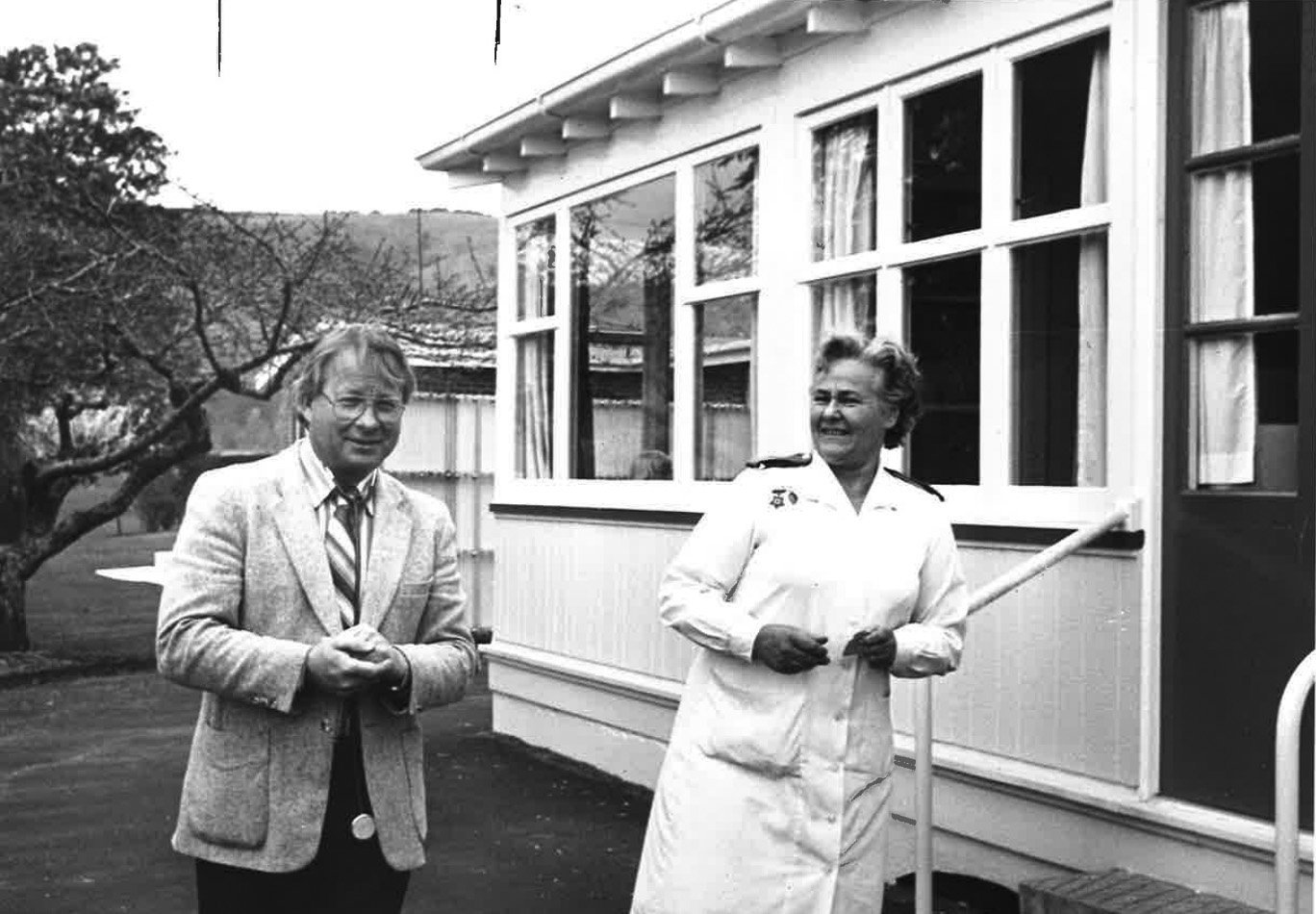
This becomes a vicious, self-perpetuating, stress-driven cycle of multiple triggers, relapses and disease symptoms.
At the moment, it is a tantalising hypothesis supported by some research but needing more investigation.
The long Covid-generated flurry of activity has begun. But, right now, there is no cure for a disease that probably leaves 25% of those affected house-bound and, irrespective of severity, is life-long for at least 80% of those with the condition.
Prof Tate says there is also little support.
"No-one likes to be regarded as disabled. But the diseases’ associations — and I’ve supported this — have been trying to get both ME/CFS and long Covid classified as a disability rather than just a chronic condition. Because they [patients] are in a state where they need integrated support services."
What has been consistently present across the years, however, is the mockery.
Those with Tapanui flu were subjected to it. A decade on from the original New Zealand Medical Journal research, Newsweek reported ME/CFS was being labelled "yuppie flu, a fashionable form of hypochondria".
Recently, the Otago Daily Times put a call out on social media for people with long Covid to get in touch. Two dozen did that, but many more responded to the post with derision-laden laughing emojis.
Several of those with long Covid who contacted the paper did not want their names used out of concern for the reaction they would get.
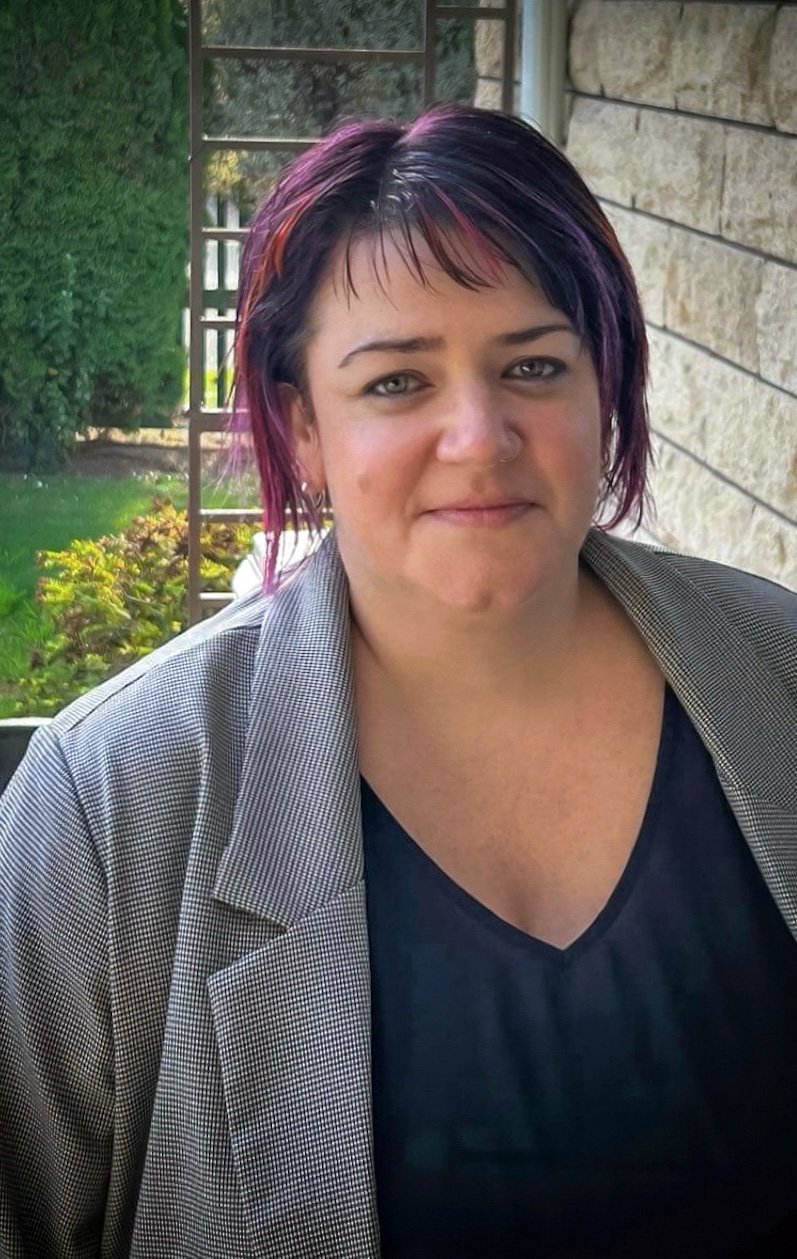
Prof Tate is calling for the Ministry of Health to give frontline doctors clear direction on long Covid.
"There’s enough international information on long Covid that I would have expected, by now, the Ministry of Health could have sent out very clear guidelines to clinicians about best management practices for the care of those with these diseases."
Another urgent need is a comprehensive national register of those with long Covid.
Dr Mackay says it would be a valuable resource for researchers and an essential help to government developing evidence-based policy.
"We’re not sure about the prevalence, but the numbers are going to be high ... So there’s going to be a lot of it around.
"And that presents a major potential health burden to the country, because it’s affecting people’s lives and also the economy. At the moment, they’re being neglected, essentially."
Overseas figures, suggest the cost to the country is enormous.
In December, the US Center for Disease Control (CDC) estimated the annual economic cost of ME/CFS in the US was $NZ30 billion-$NZ85 billion. That was based on 2021-22 data showing 1.3% of US adults had ME/CFS. The CDC’s most recent figures say 6.8% of people in the US have long Covid.
Also late last year, research published in the Australian Health Review estimated the average yearly cost of ME/CFS in Australia was $NZ69,900 per patient, of which three-quarters of the costs were indirect.
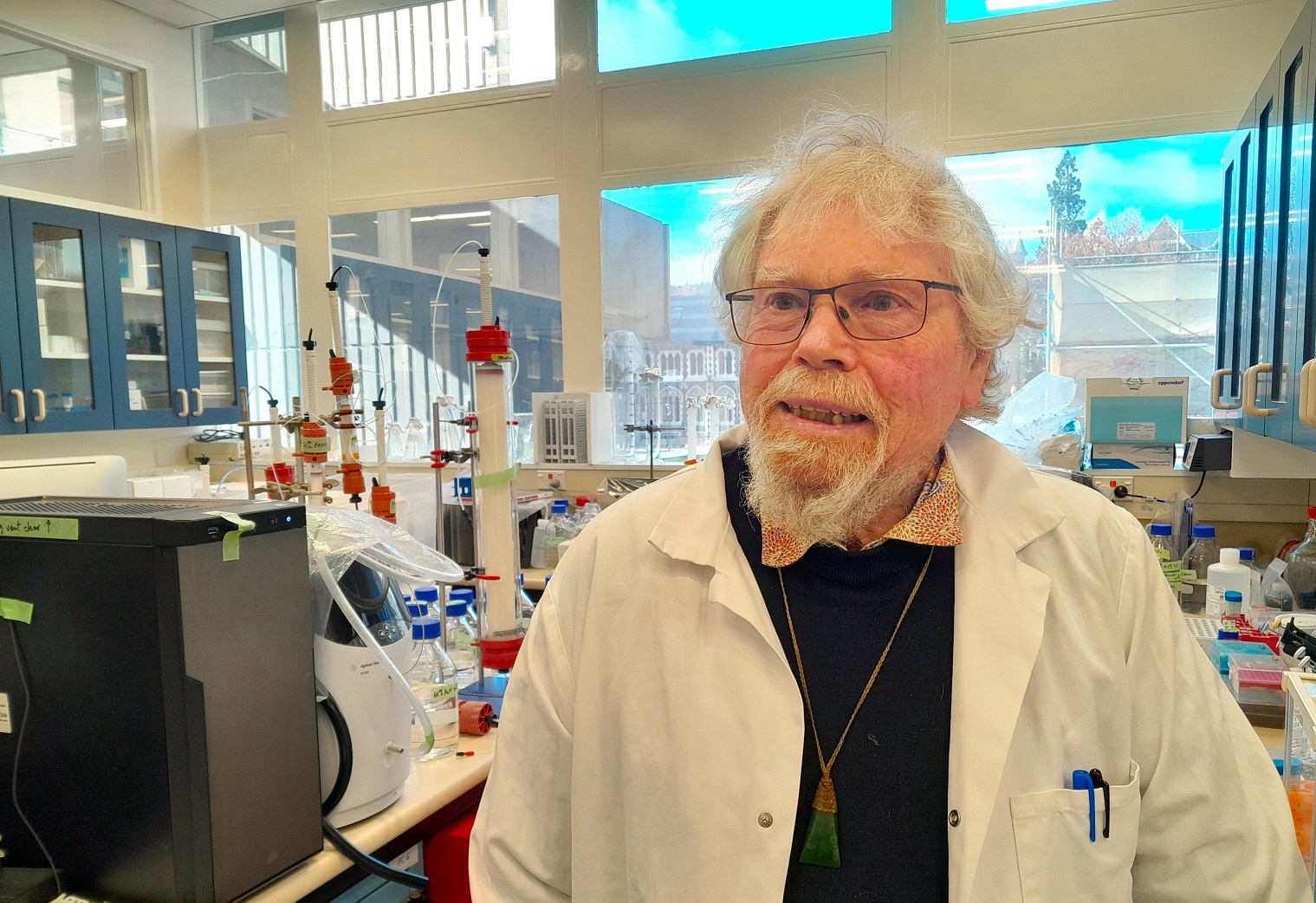
The Weekend Mix asked the government how concerned it was about the potential economic, health and social burden of long Covid; whether it thought long Covid needed to be classified as a disability; and whether the country urgently needed a comprehensive long Covid risk assessment and a national register to determine how many people had long Covid.
In an emailed response, Minister of Health Dr Shane Reti says the long-term effects of long Covid on individuals’ health are not yet well known.
"I understand the Ministry of Health [is] funding research on the impacts of Covid-19 in New Zealand," he says.
"I would also note that going forward, the ongoing planning and service provision now lies with Health New Zealand."
Although too late for them, the legacy of those with long Covid might be that by sheer weight of numbers they attract attention, research funding and treatment breakthroughs that benefit the next generation of those with ME/CFS.
If that is how it plays out, the Tapanui flu and pre-Covid ME/CFS generations feel nothing but sympathy for all those just beginning their long Covid journey.
"They’re joining the millions missing ... There are millions of people around the world who have gone missing. Their lives are shot ... You just hang on to hope. That’s what they’ll be going through," Dr Mackay says.
"I feel very sorry for them," Mrs Brownlie says.
"Absolutely," agrees Mr Yarker, "Because we know; we’ve been there."
- Researchers at Auckland University are seeking to establish a long Covid registry to better understand the burden of long Covid in Aotearoa New Zealand. For more information on participating, visit online at www.lcregistry.auckland.ac.nz











